
Briefing to the Security Council on ISIS: It remains volatile and complex. Its activity continues in Syria and Iraq and uses digital technologies. Africa accounts for half of the world's deaths from terrorist attacks.

- Europe and Arabs
- Thursday , 21 August 2025 9:22 AM GMT
New York: Europe and the Arabs
Under-Secretary-General of the United Nations Office of Counter-Terrorism (UNOCT) Vladimir Voronkov warned that the threat posed by ISIS remains volatile and complex, with the group and its affiliates continuing to demonstrate resilience and adaptability despite ongoing counterterrorism efforts.
This came in his briefing to the Security Council on Wednesday on the twenty-first report of the Secretary-General on the threat posed by ISIS to international peace and security.
Voronkov noted that while several ISIS leaders have been killed in recent years, the group has managed to maintain its operational capacity. According to the UN Daily News, which added, "The UN official said, 'Africa remains significantly affected, currently experiencing the highest intensity of ISIS activity globally.'" The situation in West Africa and the Sahel remains particularly urgent.
Fragile situation in Syria
The UN official explained that ISIS remains active in Iraq and Syria, is working to restore its operational capabilities in the Badia region, and is renewing its efforts to destabilize local authorities.
He added that in Syria, "the situation has remained fragile since Hayat Tahrir al-Sham took control of the country. ISIS continues to exploit security gaps, engage in covert operations, and incite sectarian tensions in the country."
He noted that the security, humanitarian, and human rights situation in camps and other facilities in northeastern Syria remains deeply worrying.
The UN official warned that "the use of new and emerging technologies by listed terrorist groups remains a growing challenge." These groups continue to use encrypted messaging platforms to secure their communications, leverage crowdfunding systems to raise funds, and increasingly experiment with artificial intelligence to enhance their propaganda.
Focus on Prevention
The Under-Secretary-General of the United Nations Office of Counter-Terrorism noted that Member States have remained united against terrorism, even as the United Nations faces challenging times.
He said, "Despite differing views on the nature of terrorism and measures to combat it, Member States have consistently condemned, in the strongest terms, terrorism in all its forms and manifestations."
He presented a set of proposals that the Council could consider to strengthen counter-terrorism efforts, including a focus on prevention, ensuring compliance with international law remains essential, and engaging stakeholders.
Counter-Terrorism Committee Efforts
Natalia Gherman, Assistant Secretary-General and Executive Director of the Counter-Terrorism Committee Executive Directorate, warned that Africa accounts for more than half of the world's deaths from terrorist attacks.
She noted that "ISIS's financing methods blend digital innovations with traditional channels, making it difficult to detect and suppress financial flows that support terrorism."
She spoke at length about the Committee's efforts and visits. conducted in countries such as Cameroon, Chad, Hungary, Malta, Norway, and Somalia, to identify technical assistance needs and provide tailored recommendations to enhance the implementation of relevant Security Council resolutions. Gherman also said, "While AI has been harnessed to expand the reach and influence of ISIS, it holds significant potential for states to enhance the detection, prevention, and disruption of terrorist activities."


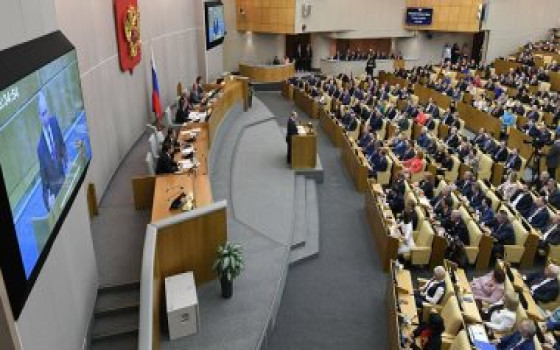

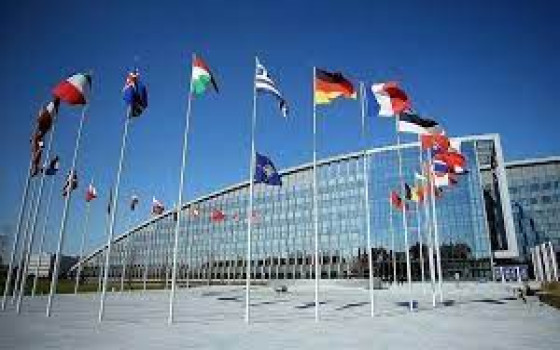
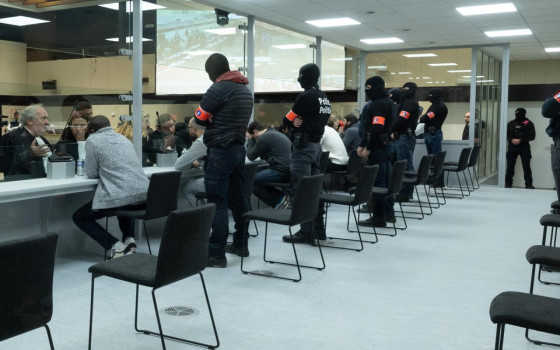
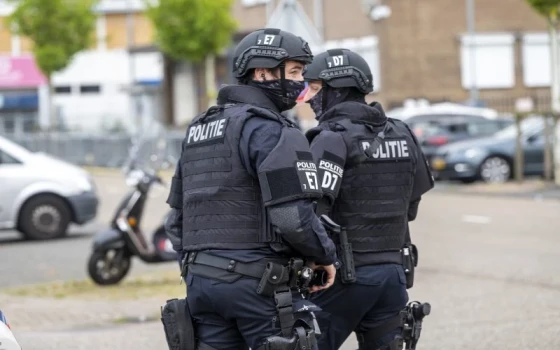
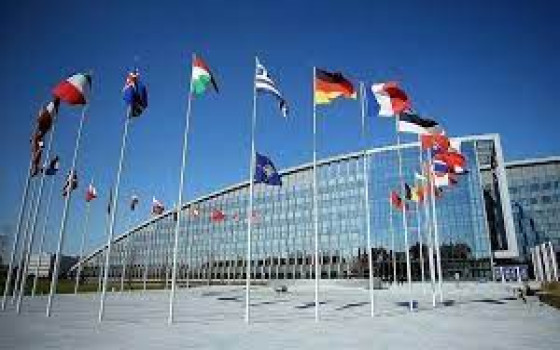
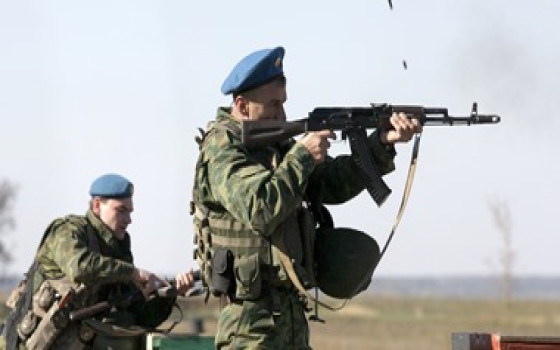
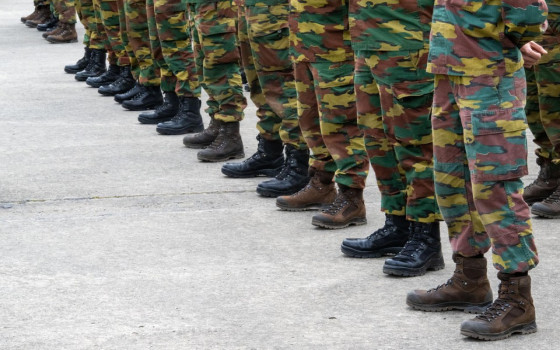


No Comments Found